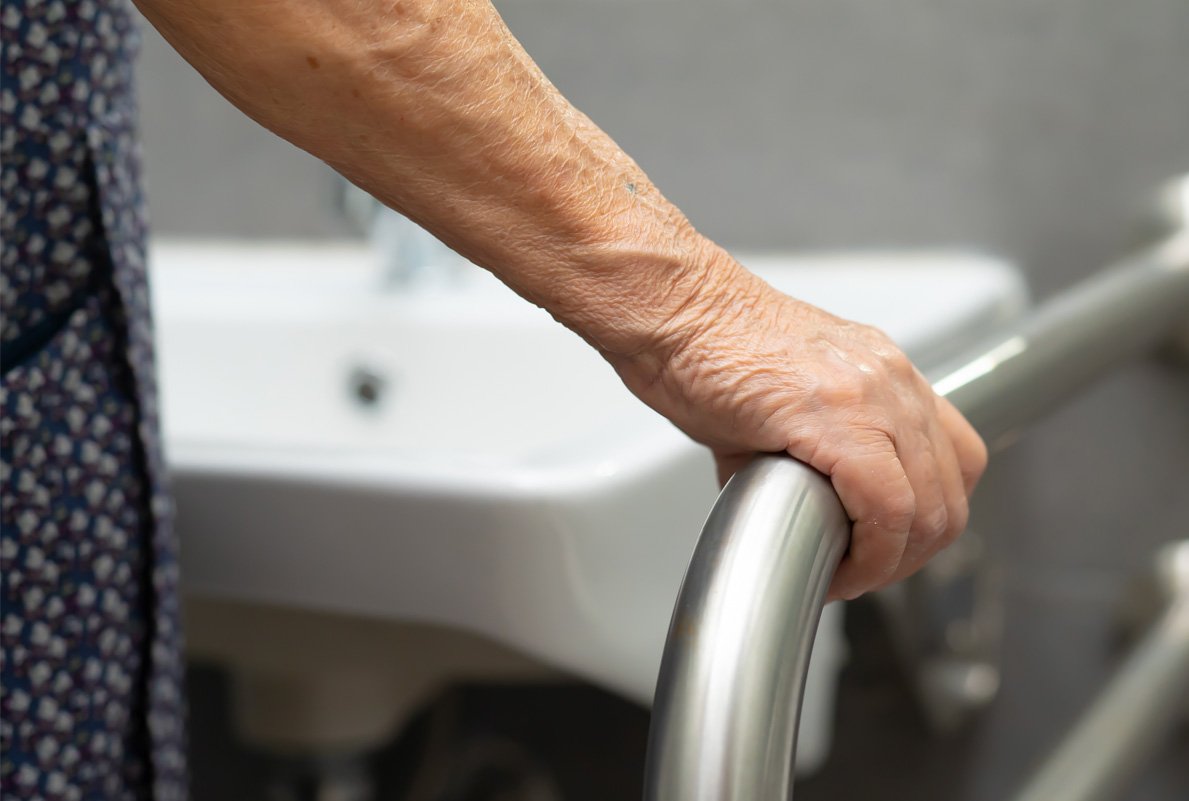Safety in the Home - Cascade Home Health’s #1 Priority
If you or your family’s greatest wish is to stay in your own home as long as possible as you age, then avoiding accidents is tantamount in keeping you safe and healthy. Accidents caused by falls and medication errors rank high in causing people to leave their home and be placed in a facility. These accidents are often the beginning of a decline that severely changes the course of an elderly person’s life. Home health services are ordered for many different reasons, but the focus for this blog will be on safety issues. Let's examine each discipline of the home health team and some examples of how they can contribute to your safety.
Physical therapy assesses your risk of falling by looking at your current balance and strength, and then they prescribe exercises to decrease your risks. They will look at potential fall risk areas in your home, such as cluttered walk ways, a need for an assistive device like a cane, scatter rugs - which are easy to trip on, poorly lighted walkways, or stairs without railings. They may recommend changes in these areas to avoid future falls.
Occupational therapists are trained to keep you safe in your bathroom, a place where falls are frequent. They may recommend that you no longer stand in the shower or sit in a tub, but rather sit on a shower chair to avoid falls. Installing grab bars to hold on to as you enter and exit the shower will increase your safety. Low toilets which can be difficult to get up from, can be improved by adding a raised toilet seat or grab bars to assist with standing up.
Speech therapy's focus on safety is to evaluate your swallow, if you are having increased incidences of coughing or choking, which can lead to pneumonia. They may make some dietary recommendations to change food consistencies if you are experiencing these problems.
Nurses will look at your medications to make sure you are getting the correct doses at the correct times. Taking too much or too little, or the right dose at the wrong time, can set you up for dangerous side effect which can lead to a hospitalization. Memory and vision changes can lead to medication errors as well. Teaching you, or a family member, the proper way to set up a pill organizer or chart, is one way a home health nurse can keep you safe with your medications.
Medical social workers are trained to help you recognize when you might need to consider hiring some extra help, so that you can stay in your home. The cost of a few hours of help is far less than living in a facility. You might only need someone to assist you with your bath a couple times a week. They will align you with the agencies that provide the extra care you need. They might also recommend a life alert system, which is something you wear, that if you should fall, you can press the button for emergency help to arrive.
This is just a sample of the many things the home health team can do for you to keep you safe and in your home. eferrals for home health services must be ordered by your doctor.

